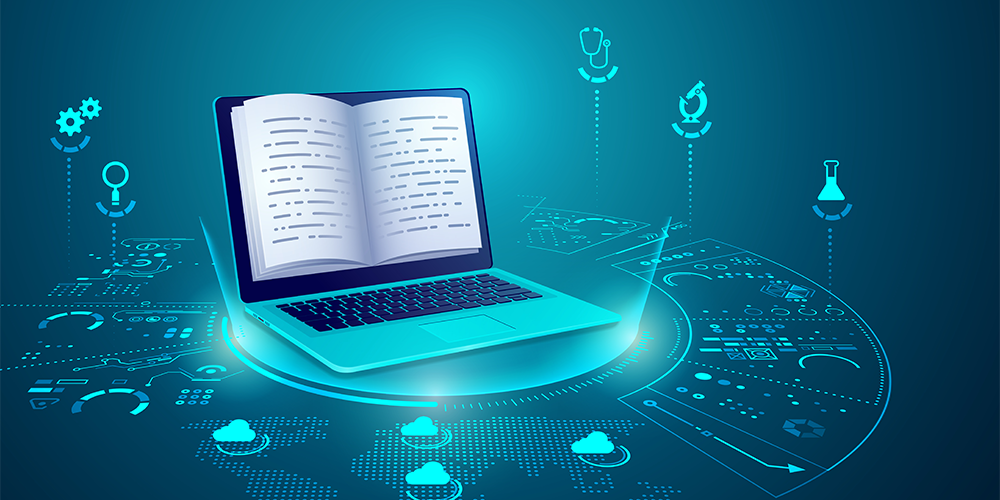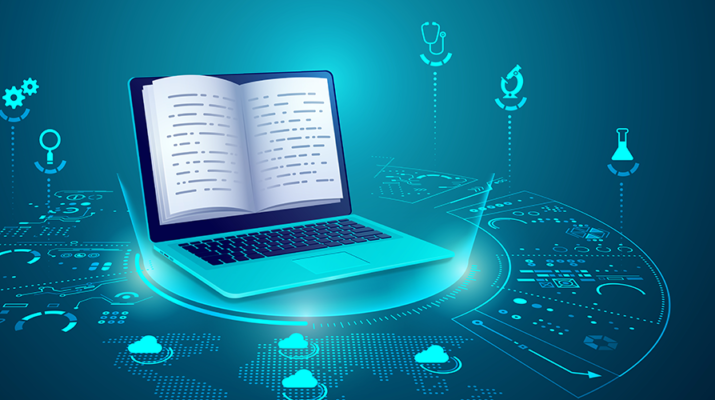In the rapidly evolving landscape of education, the integration of modern skills and technology has become indispensable. As we move further into the 21st century, the traditional methods of imparting knowledge are being reshaped to meet the demands of the digital age. This article explores the intersection of modern education, essential skills, and the transformative power of technology.
The Shift in Educational Paradigm:
Modern education is no longer confined to textbooks and classroom lectures. The paradigm shift towards a more dynamic and interactive learning experience has been fueled by advancements in technological. Students are now encouraged to be active participants in their learning journey, engaging with diverse resources beyond the walls of the classroom.

Essential Skills for the 21st Century:
The traditional emphasis on rote memorization is gradually making way for a focus on developing essential skills that are crucial for success in the 21st century. These skills include critical thinking, creativity, communication, collaboration, and adaptability. Modern education aims to equip students with the ability to navigate an ever-changing world and solve complex problems through a holistic approach.
Technology as an Enabler:
Technology serves as a powerful enabler in modern education. Digital tools and platforms provide personalized learning experiences, catering to individual needs and learning styles. Virtual and augmented reality enhance the understanding of complex concepts, making education more immersive and engaging. The integration of artificial intelligence in educational platforms further personalizes the learning journey, adapting to the pace and preferences of each student.
Global Connectivity and Collaboration:
Modern education transcends geographical boundaries, fostering global connectivity and collaboration. Through online platforms, students can connect with peers and experts from around the world, gaining diverse perspectives and cultural insights. This interconnectedness prepares them for a globalized workforce, where collaboration across borders is the norm.
Challenges and Considerations:
While the integration of technology in education brings numerous benefits, challenges must be acknowledged and addressed. Issues such as the digital divide, privacy concerns, and the need for teacher training in technology integration require careful consideration. Balancing the use of technologies with the preservation of essential human skills is essential to ensure a well-rounded education.
Conclusion: Modern Education: Navigating Skills and Technology Integration
Modern education is a dynamic blend of essential skills development and technological integration. By embracing this paradigm shift, educators can prepare students not only for academic success but also for the challenges and opportunities of the rapidly evolving global landscape. As we navigate the intersection of skills and technology, the goal remains to empower learners to thrive in a world where adaptability and continuous learning are paramount.
